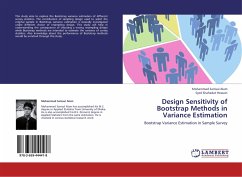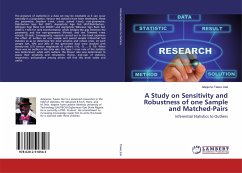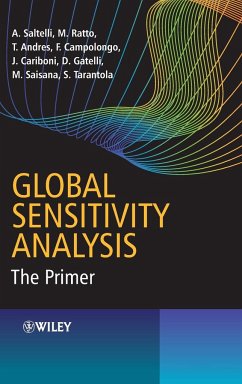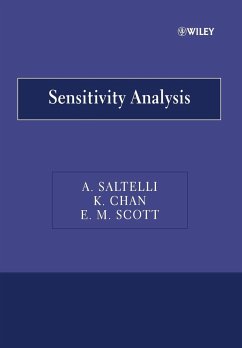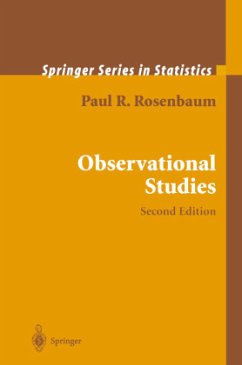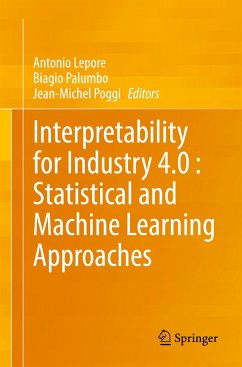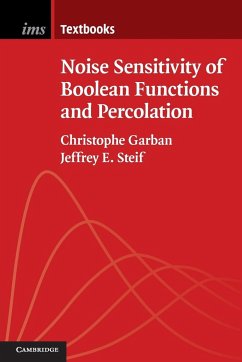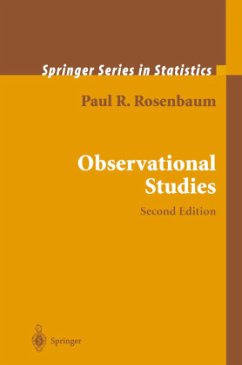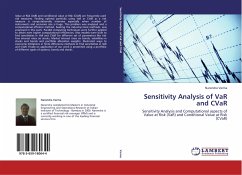
Sensitivity Analysis of VaR and CVaR
Sensitivity Analysis and Computational aspects of Value at Risk (VaR) and Conditional Value at Risk (CVaR)
Versandkostenfrei!
Versandfertig in 6-10 Tagen
32,99 €
inkl. MwSt.

PAYBACK Punkte
16 °P sammeln!
Value at Risk (VaR) and conditional value at Risk (CVaR) are frequently used risk measures. Finding optimal portfolio using VaR or CVaR as a risk measure is computationally intensive especially when number of instruments and scenarios size is huge. This problem was analyzed and a computational efficient method, beating the industry's best methods, was proposed in this work. Parallel computing techniques were further applied to attain even higher computational efficiencies. Also models were built to find sensitivities in VaR and CVaR for different set of parameters like risk free interest rates...
Value at Risk (VaR) and conditional value at Risk (CVaR) are frequently used risk measures. Finding optimal portfolio using VaR or CVaR as a risk measure is computationally intensive especially when number of instruments and scenarios size is huge. This problem was analyzed and a computational efficient method, beating the industry's best methods, was proposed in this work. Parallel computing techniques were further applied to attain even higher computational efficiencies. Also models were built to find sensitivities in VaR and CVaR for different set of parameters like risk free interest rates on stocks, Market interest rates on bonds, volatilities in stocks and bonds and portfolio allocation weights. Illustrated ways to overcome limitations in finite difference methods to find sensitivities in VaR and CVaR. Finally an application of our work is presented using a portfolio of different types of options, bonds and stocks.






